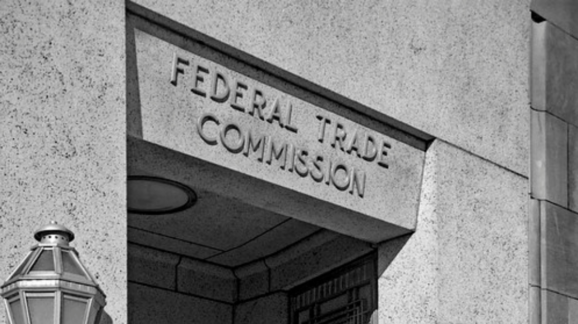FTC antitrust lawsuit against Amazon risks harming American consumers

Photo Credit: https://www.flickr.com/photos/22711505
The Federal Trade Commission (FTC) and 17 states filed a lawsuit today in federal court alleging antitrust violations by Amazon. The lawsuit seeks the breakup of Amazon.
Director of CEI’s Center for Technology and Innovation Jessica Melugin said:
“Once again, this misguided FTC has confused protecting consumers, the proper aim of U.S. antitrust law, with promoting other goals. If Amazon providing the lowest possible price to customers is a problem, it means that the ‘solution’ will be very bad for Americans struggling with the high costs of inflation. Consumers have choices for where they shop and third parties have choices in where they sell, like Walmart, through social media marketplaces, and on independent websites. The FTC’s case is a waste of taxpayer dollars and risks harming American consumers by degrading the benefits Amazon provides.”
CEI President and CEO Kent Lassman said:
“This is madness. Of all the ways to destroy value for consumers, today’s action by the FTC is the apogee of disconnect between the lives of normal Americans and the minds of power-hungry regulators.”
CEI senior economist Ryan Young said:
“The FTC’s complaint takes the usual tactic of assigning Amazon as niche a market as possible, then saying it dominates it. This word game is called the relevant market fallacy. Amazon controls roughly ten percent of total retail, and about 38 percent of online retail. For Amazon to look dominant, the FTC had to invent new terms such as the ‘online superstore market that serves shoppers’ and the ‘online marketplace services purchased by sellers.’
“Even if Amazon monopolizes those specially-defined markets, the FTC will have a difficult time proving consumer harm. Under antitrust law, big is not automatically bad. Big must behave badly first by harming consumers. The rapid innovation, low prices, and low profit margins across the retail and grocery industries, make it unlikely that Amazon is harming consumers.”
More from CEI:
- Melugin for National Review: How the New FTC Majority Will Rewrite Antitrust Laws without Congress